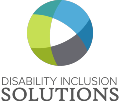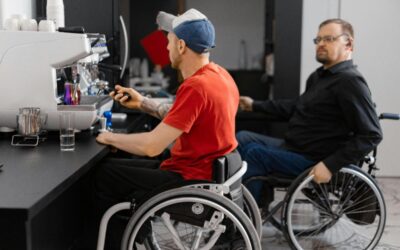COVID-19 has disrupted life as we know it, and changed the landscape of the workplace. Some businesses have created remote working situations, while others have modified their workspaces to comply with social distancing standards. Indeed, this ever-changing situation we find ourselves in has created a need for temporary workplace accommodations.
This pandemic has created a variety of workplace-related issues, and employers are now faced with a greater demand for temporary accommodations, including accommodating employees who are:
- At higher risk for developing complications from the coronavirus.
- Older or caregivers for school-aged children.
- Having trouble processing the stress and anxiety caused by COVID-19.
It is a very good time to remind employees of the opportunity to self-disclose and/or request changes to existing accommodations. Be proactive by identifying solutions and doing outreach to ensure that the needs of employees with disabilities are being met.
So, what accommodations can employers provide to help all employees perform to the best of their abilities? Here are just a few:
- Supplying protective safety equipment
- Reconfiguring the workplace to allow for more personal space for every employee
- Relocating at-risk employees’ work stations away from other work stations
- Modifying work schedules
- Allowing remote work
These unprecedented times are requiring workplaces to make accommodations for both employees with disabilities and those without. Are you wondering where to start? The iDisability® e-learning platform can be an effective tool. Our “Step-by-Step Reasonable Accommodation Solution” module and “Best Practices in the Employment of People with Disabilities” can both provide valuable information at this time and in the future.
Over 2 million business users across a variety of industries have already used our 38 distinctly different and practical modules to develop their brand and support their staff. Experience it for yourself.





0 Comments